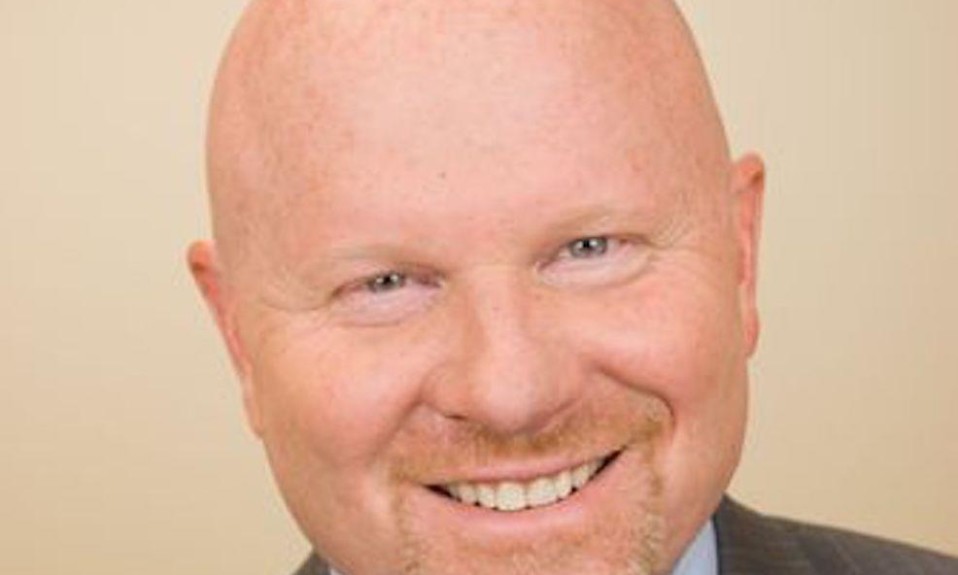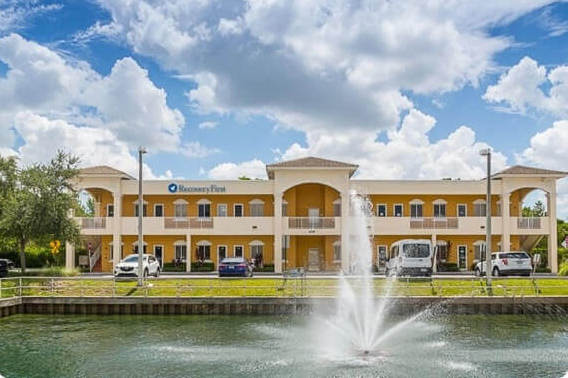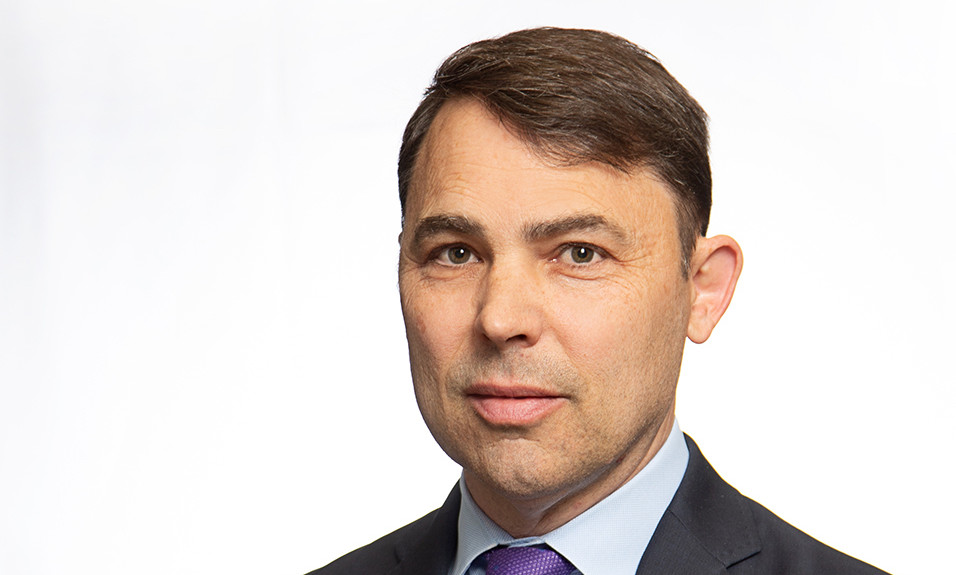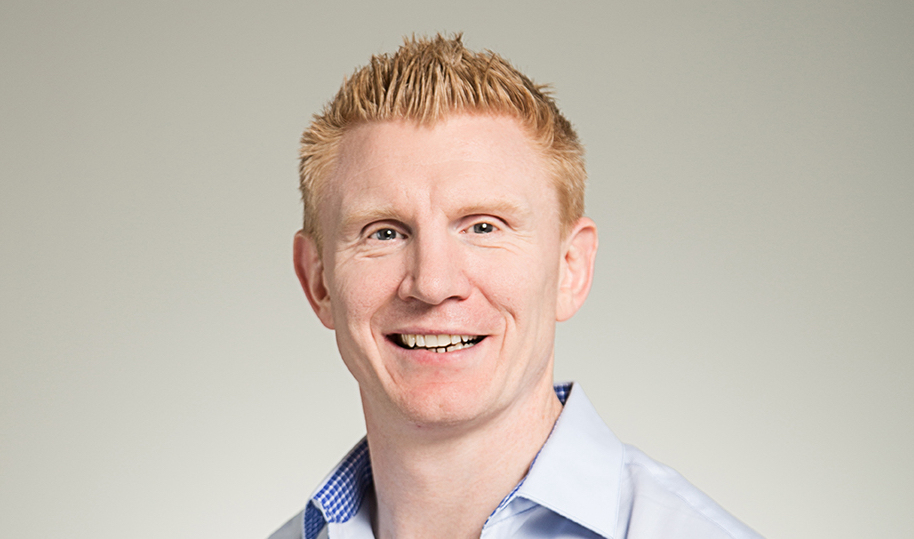CEO Jay Crosson discusses lessons learned and how the Nashville-based addiction care provider is poised for post-COVID
By Jennifer Taylor
March 10, 2021About a year ago, Jay Crosson, CEO of the Nashville-based addiction treatment provider Cumberland Heights, was busy preparing for the grand opening of an adolescent center, the 67-acre ARCH Academy. By mid-March, however, COVID-19 was deemed a national health crisis, and plans for the new facility, located on the outskirts of Nashville, dramatically shifted.
Crosson quickly learned how to pivot while making patient safety take precedence. His experience at that time mirrored those of leaders in the addiction treatment field across the country. While the grand opening has yet to be rescheduled, the disruption didn’t keep Crosson from serving patients in need.
“[The pandemic] certainly changed the trajectory of the way [ARCH Academy] would have opened,” Crosson says. “It was good, actually, from a COVID standpoint, because [the layout] allowed us to spread out a little bit more and stay safe.”
The new standalone 30-bed facility is situated in a wooded landscape and has a residential program designed for teen boys age 14 to 18. Services include individual and family therapy, adventure trips, equine programming and alumni services. Stays at ARCH average six months. Teens also have the ability to continue their education in a private high school setting while being treated for substance use disorder and other co-occurring illnesses such as anxiety or depression.
ARCH Academy fits into Cumberland Heights’ 50-plus-year tradition of community addiction treatment care. The main location is a 177-acre inpatient facility in Nashville. There also are 15 outpatient recovery centers throughout Tennessee.
Crosson, who has been at the helm of Cumberland Heights for the past six years, spoke with TreatmentMagazine.com about navigating COVID-19 and his outlook on addiction treatment services as the pandemic wanes.
I love [Cumberland Heights]. It saved my life. The work we do is meaningful. I’m really blessed that I have an opportunity to provide for my family [and] also be part of something bigger than myself.”—Cumberland Heights CEO Jay Crosson
Q: How did you first get into the addiction treatment field?
A: I was actually a patient. I found recovery here when I was 26 years old. I had a business background. After four years of recovery, I applied for an entry-level position at Cumberland Heights. I loved the place and thought it was an opportunity to grow. We’re a place of second chances and new beginnings. It certainly was that opportunity both for me as a patient [and] later as an employee. It’s one of those stories where I had an opportunity to rise through the ranks. In May, I will have been at Cumberland Heights for 28 years.
I love the place. It saved my life. The work we do is meaningful. I’m really blessed that I have an opportunity to provide for my family [and] also be part of something bigger than myself. There’s a family atmosphere here as well, with a lot of really dedicated staff that have come here for the same reason.
Q: Why do you think Cumberland Heights is successful in treating addiction?
A: The staff are committed to the mission and love the work that they’re doing. We’ve done a good job of combining our foundation of 12-step-based recovery with clinical excellence. We use evidence-based practices like dialectical behavior therapy, motivational interviewing and others to treat the whole person and the family. I think that combination has served us well. For our COVID-19 [protocol], we had a lot of alumni that remained connected and involved and helped our patients when they got out into the community.
Q: Is there anything about operating throughout Tennessee and in the Nashville area that is particularly unique?
A: As you can imagine, being in Nashville we treat a number of musicians and people in the music industry. We have an intensive outpatient location on Music Row. That goes back a long way. We’re fortunate to have [singer-songwriter] John McAndrew, who does music-assisted therapy sessions. He’s done workshops and seminars all over the United States. He’s gifted, and it’s something unique we can offer to our musicians as part of our experiential therapy.

Q: How did the events of 2020 impact Cumberland Heights’ goals for 2021?
A: We were working on telehealth in 2019 and couldn’t quite get it across the line. Then in nine days in April [2020], we converted all of our intensive outpatient programs to telehealth. I think telehealth is here to stay [especially as a benefit for rural communities]. There are a lot of people who really longed for the connectivity. And we have started to reopen in-person, intensive outpatient groups as well.
What we’re seeing is a high rate of alcohol use disorder. It doesn’t get talked about enough. Opioid use disorder is obviously a crisis—we had record overdoses in Nashville last year—but we are also seeing the acuity of patients with alcohol use disorder be a lot higher. A lot more people who stayed home and drank more, lost jobs, and [experienced a] loss of connection.
One of the things we say around here is: “The disease of addiction thrives in isolation, but we recover in community.” COVID is all about isolation. I think we will continue to see the effects of that, and maybe some lingering trauma as well.
Q: What do you wish you could change about the addiction treatment field?
A: Alcoholism and substance use disorders are chronic, lifelong diseases. And the reimbursement models are set up for brief episodes. Brief doesn’t mean it’s three days; people don’t get “cured.” But third-party payers often are focused on the detox, inpatient stabilization and maybe some outpatient. Sometimes it’s a struggle. They’ve been in treatment for a few weeks and they feel really good. One of the questions is, how can we walk with our patients to that first year of recovery? And then I have a couple of people actually walk with [patients] for the first five years of recovery. There’s some research that after five years of recovery, the risk of future episodes is about the size of the general population.
We try to get them to go to the next level of care. Some [patients] say they “got this” and have to go back to work. Or, “I haven’t been a great dad and I need to be with my family more.” The flip side are diseases like cancer. If somebody said, “Okay, you’ve done chemotherapy, and you got a 50% recovery rate for the next five years, but if you do radiation, we can bring that up to 85%,” I don’t know anybody that wouldn’t say: “Okay, that stinks. But I’ll do the radiation.” When it comes to behavioral health, sometimes people say: “No, I got this. I feel great.” To really move long-term recovery rates, we’ve got to have long-term thinking and longer-term clinical support. That’s different for different people.
People might want their loved ones to get help for years, and when they are finally ready to go, they jump on the internet. That can be a game of marketing. As a field, if we can coalesce around these measures of success, that would be helpful.”—Jay Crosson
Q: How do you think the treatment field as a whole can improve treatment outcomes?
A: There are a lot of people trying to figure out how the consumer really knows what good treatment is. Being a member of the National Association of Addiction Treatment Providers does stand for something. Being accredited by The Joint Commission stands for something. Cumberland Heights was the first premier facility in Tennessee to get the American Society of Addiction Medicine certifications. The average consumer doesn’t know what that means, right? People might want their loved ones to get help for years, and when they are finally ready to go, they jump on the internet. That can be a game of marketing. As a field, if we can coalesce around these measures of success, that would be helpful.
Q: What is Cumberland Heights preparing for as the pandemic wanes?
A: What I have a hard time imagining is: How do we come out of this? We were already taking steps to take temperatures and screen patients’ symptomatology. COVID is still out there, but is it less of a threat? Seems like it’s easier to add the [safety protocol] layers than to take them off. We’ve got a large number of our staff that are vaccinated, but you still have to take safety precautions. We may be doing testing for COVID for years.
There are a lot of people who have lost jobs in America. Most people pay for treatment through their employer, or it’s government-funded. Some people who need access to treatment won’t have a job that will pay for that. So I think that’s a challenge we’re all going to face.
Q: What is your TTT—top treatment takeaway?
A: The first message is: Treatment works. Good treatment does work; I’m living proof of that. When it is effective, it is transformative. I got sober when I was 26. [My daughter] has never seen me not in recovery. That’s a huge thing for me. How can we get [to] more people in the long term? That’s why we’re doing the research outcomes and trauma training; that’s why we’re doing music therapy. If it doesn’t add to that equation, then it’s probably not worth our time, effort and resources.














